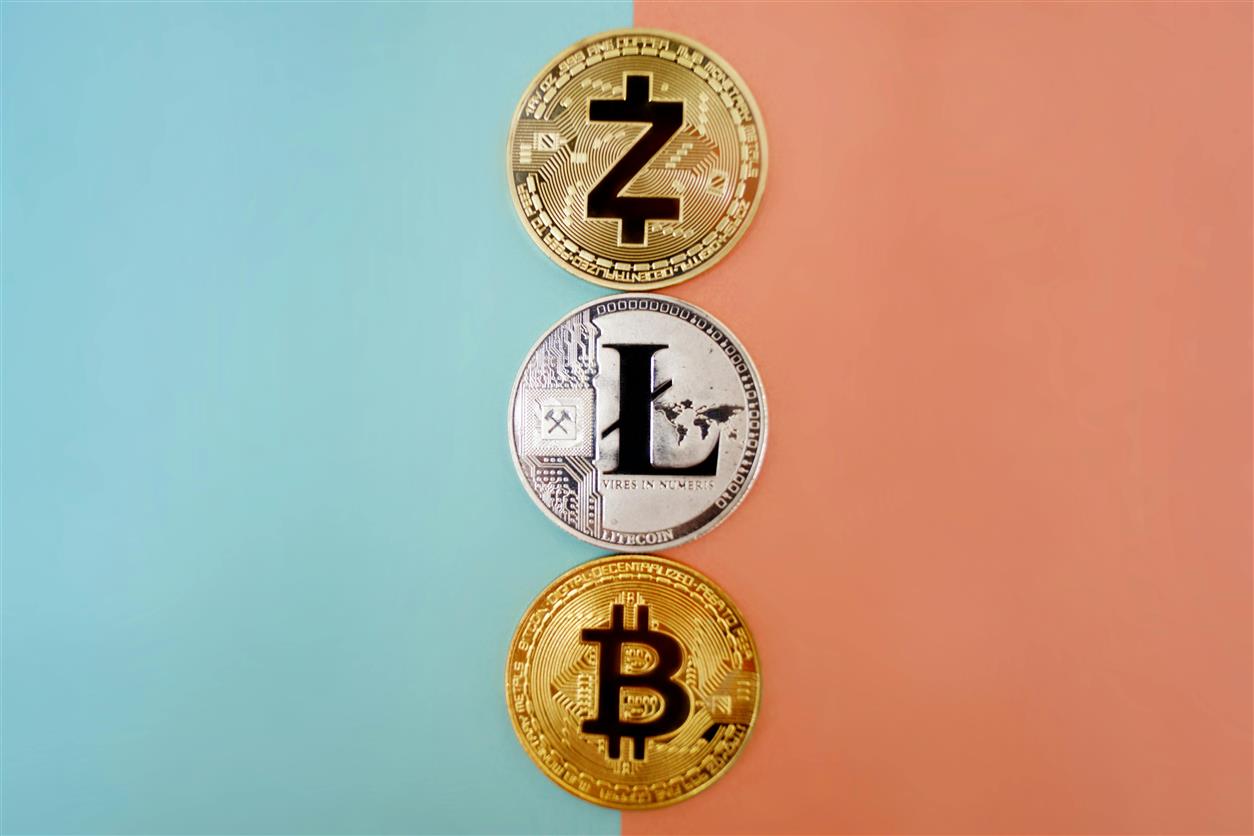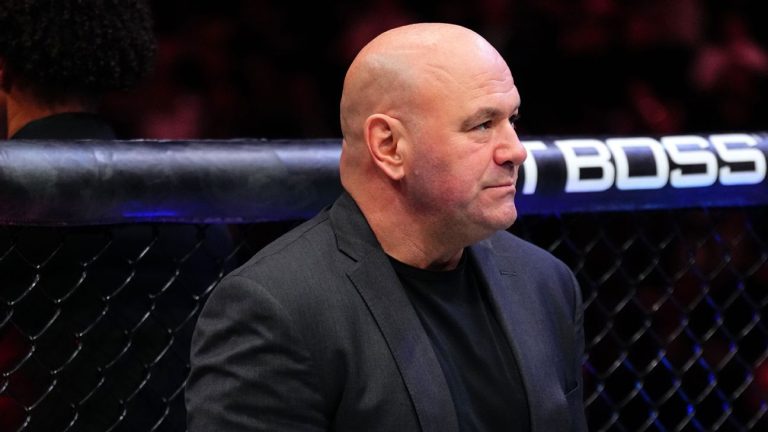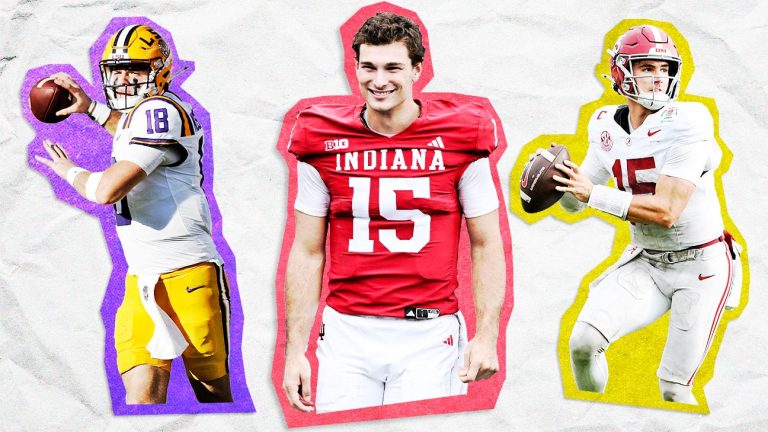
Ownership in sports has always been the domain of the wealthy: moguls, oligarchs, consortiums, and lately, investment funds. But in recent years, a new idea has taken hold—one that claims to rewire the power structure of fandom itself. What if, instead of just buying jerseys or season tickets, fans could buy stakes in the teams they love?
This is the promise of tokenized sports: a digital framework where ownership, governance, and engagement are distributed through blockchain-based assets like fan tokens and NFTs. In theory, it marks a departure from top-down decision-making and invites supporters into the boardroom—one transaction at a time.
But is this a meaningful shift toward democratization? Or is it just another layer of financial abstraction—sporting stock markets dressed in fan-friendly branding?
A New Type of Fan Engagement
At the heart of the crypto-club idea is a concept borrowed from decentralized finance: tokens. These digital assets, often hosted on blockchains like Ethereum or Chiliz, are sold to fans in exchange for perks like voting rights on team decisions, exclusive content, merchandise discounts, or access to private events.
The early success stories have been splashy. Socios.com, for example, partnered with top football clubs like FC Barcelona, Juventus, and Paris Saint-Germain, giving fans the opportunity to vote on things like jersey designs, goal celebration music, or locker room messages.
Some fans see it as a fun new layer of interaction. Others believe it’s the first step toward real stakeholding—a path to financial and emotional co-ownership in their team’s journey.
But ownership, in this context, is often symbolic. These tokens rarely translate to equity in the traditional sense. Voting rights are limited to cosmetic or low-stakes matters. There are exceptions, of course—some smaller clubs have explored issuing actual equity via digital shares—but these cases are rare, and legally murky depending on jurisdiction.
The NFT Boom—and Its Burnout
NFTs briefly surged as the speculative darling of the sports world. Leagues like the NBA embraced them with projects like NBA Top Shot, allowing fans to buy, sell, and trade digital highlight reels. European football clubs followed, minting player cards and match moments.
What initially felt novel quickly became routine. The value of many NFTs tanked. Critics questioned whether these digital “collectibles” offered any lasting meaning beyond hype. The market corrected. But the core question remained: Can digital ownership have emotional weight?
For a sports fan, ownership is more than a contract—it’s a feeling. NFTs and tokens promised to deliver that, but results have been mixed. A gif of a goal isn’t the same as the roar in the stands.
Real Ownership or Just Revenue?
For clubs, the appeal of tokenization is obvious. It’s a fresh revenue stream in a time when matchday income has plateaued and broadcast rights are increasingly fragmented. Selling tokens allows them to monetize fan engagement in ways previously unthinkable.
But critics argue this monetization often masquerades as empowerment. When fans are asked to pay for “votes” on relatively trivial matters, it can feel like the illusion of influence. Meanwhile, the real levers of power—coaching decisions, player transfers, strategic direction—remain firmly in the hands of owners and executives.
There’s also the question of volatility. Crypto markets are notoriously unstable. When fan tokens fluctuate like meme stocks, it introduces a financial stressor to something that’s supposed to be joyful. A goal drought shouldn’t empty your wallet.

Regulation and Responsibility
Governments and regulatory bodies are beginning to pay closer attention. Some countries have questioned whether fan tokens constitute unlicensed securities. Others are wary of their appeal to younger fans, many of whom may not fully understand the risks of speculative assets.
Clubs, too, are realizing that their brand reputations are tied to how these experiments unfold. A poorly managed token program could alienate supporters and spark backlash.
There’s a difference between participation and gamification. And when money’s involved, the line between engagement and exploitation gets thin.
Real-World Attempts at Community Ownership
Some sports communities have gone a step further. In 2020, a group of crypto investors bought a lower-league football team in Spain, renamed it Club Deportivo Leganés, and used blockchain tools to crowdsource decisions. Elsewhere, DAOs—decentralized autonomous organizations—have tried to buy teams, organize tournaments, or even run eSports clubs collectively.
These experiments are messy, often underfunded, and riddled with practical hurdles. But they hint at a broader appetite for participatory ownership—one that isn’t purely speculative, but deeply cultural.
The closest analogue might be supporter trusts in Europe or the Green Bay Packers model in the U.S., where fans hold shares in the team itself. Crypto, in theory, is a new version of that tradition—but with the added speed and scale of the digital world.
Token Fatigue?
Despite the promises, there’s growing skepticism. Some fans have stopped buying tokens altogether. Others see the projects as thinly veiled cash grabs.
For many, the crypto buzz has faded. The novelty has worn off. What’s left is a quieter question: What does it actually mean to be a fan in a digital age?
If tokenization becomes just another paywall, it could deepen the sense of distance between teams and supporters. But if it’s used to genuinely include fans in club culture—beyond cosmetic decisions—it could reshape what sports fandom looks like in the 21st century.
Looking Ahead
The road to tokenized ownership is still unclear. Much of the infrastructure is experimental, and the hype cycles are quick to rise and fall. But the questions being asked are not going away.
Fans want more say, not just more merch. They want proximity to the decisions that shape their teams. And in a world where everything else is increasingly mediated by screens, the desire for connection—real or symbolic—remains strong.
Whether crypto delivers on that promise depends less on technology, and more on intent. If clubs see fan ownership as a gimmick, fans will treat it like one. If they approach it as a shared journey, the potential for deeper, more meaningful engagement exists.
But make no mistake: buying a token doesn’t make you an owner. True ownership, in sports as in life, requires trust, responsibility, and voice. The blockchain may offer a new toolkit—but the soul of fandom can’t be minted.






